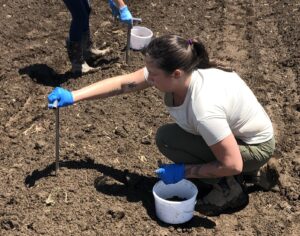
NCDA Offers FREE Soil Testing & Services for WNC Through June 2025
The North Carolina Department of Agriculture and Consumer Services (NCDA & CS) is offering free services for counties affected …


Since 1979, North Carolina Extension Master Gardener℠ Volunteers (EMGVs) have been leaders in this internationally acclaimed program, guiding homeowners in making environmentally sound decisions in their landscapes. Trained by North Carolina State University faculty and staff, EMGVs provide research-based information about gardening and environmental stewardship to individuals and communities across the state. EMGVs engage the community through education and outreach on a wide variety of subjects and through a broad spectrum of projects, all designed to maximize their impact.

The North Carolina Department of Agriculture and Consumer Services (NCDA & CS) is offering free services for counties affected …
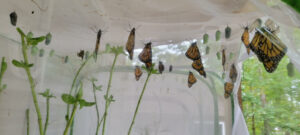
Have you ever wanted to raise Monarch butterflies? How about 237 monarchs released from your very own fingertips? Well, …
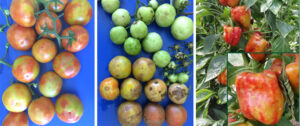
Tomato brown rugose fruit virus (ToBRFV) was detected on some tomato seeds from a seed company called Fruition Seeds …
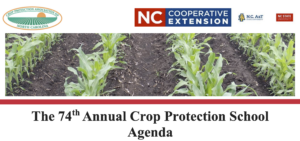
The 74th Annual Crop Protection School will be held virtually on Thursday, December 1, 2022 using the Zoom platform. Please …
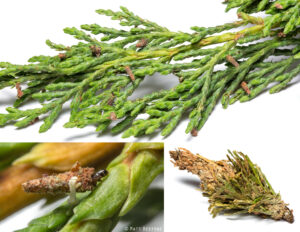
An Identification and Decision Guide to Cypress Problems is now available on the NC State Plant Disease and Insect …
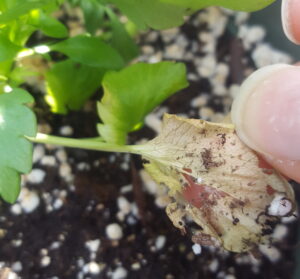
European pepper moth (Duponchelia fovealis) is a major, yet largely unrecognized, pest of nursery and greenhouse crops. This exotic …
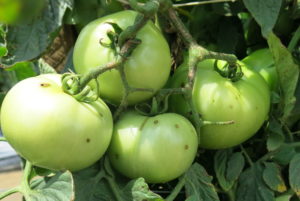
Anyone who grows tomatoes in North Carolina, from homeowners to commercial growers, eventually finds their crop is affected by …
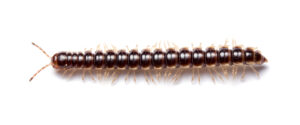
Recent heavy rains across the state have resulted in invasions of yards and homes by what some might call …
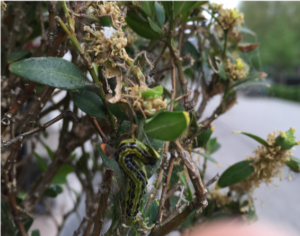
Box tree moth, Cydalima perspectalis, is native to Asia. It was introduced into Europe in 2007 and quickly spread …

Calico scale, Eulecanium cerasorum, was accidentally introduced to California from Asia in the 1920s. It has now become established …
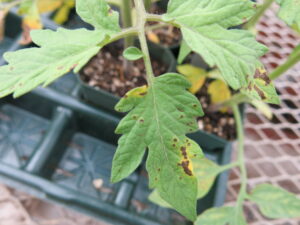
For vegetable growers (both commercial and home gardeners), springtime often brings to mind tomato transplants. However, sometimes diseases occur …
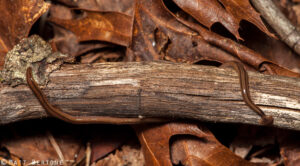
PLEASE NOTE: NC State University and local agencies (e.g. NCDA&CS) are not currently tracking species that are already known to exist …
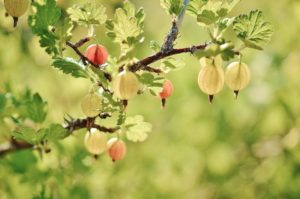
9/16/2020 – (Reviewed 8/28/2024) The short answer is “no.” You cannot legally grow currants or gooseberries in North Carolina. …